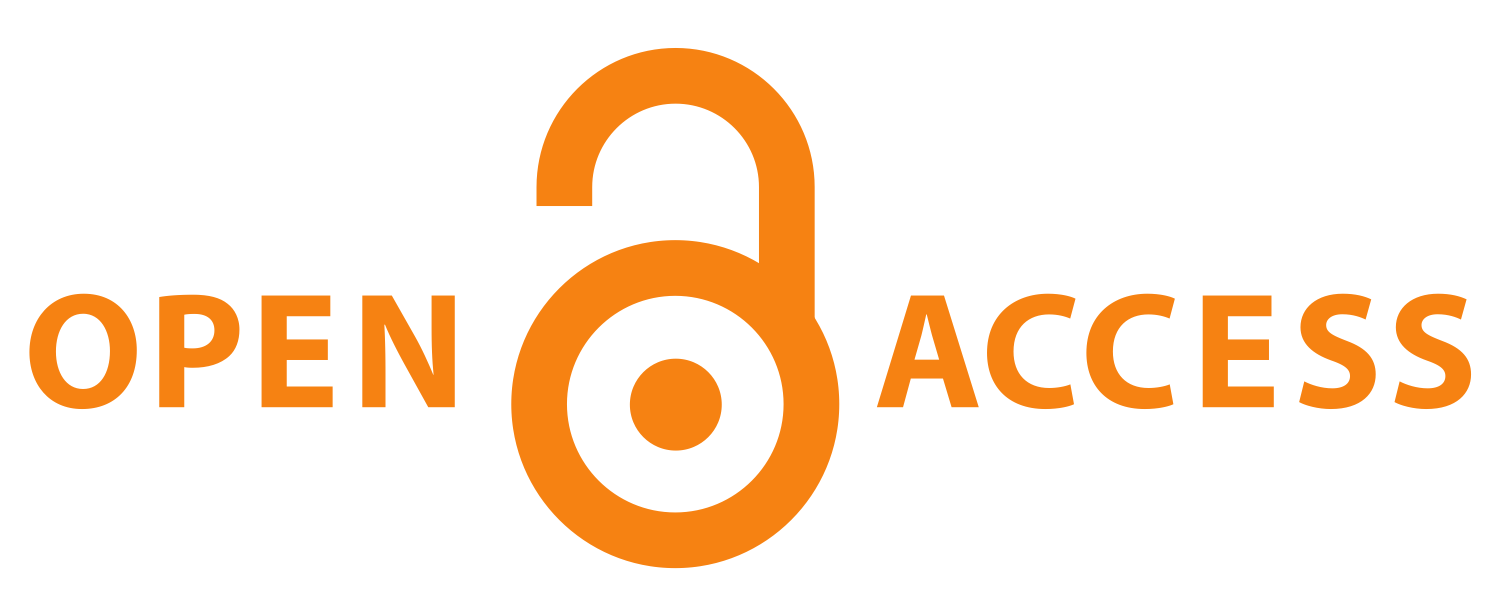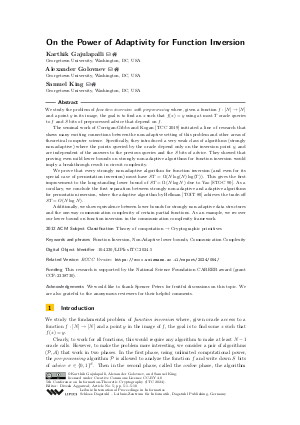LIPIcs.ITC.2024.5.pdf
- Filesize: 0.56 MB
- 10 pages

 Creative Commons Attribution 4.0 International license
Creative Commons Attribution 4.0 International license

































Feedback for Dagstuhl Publishing